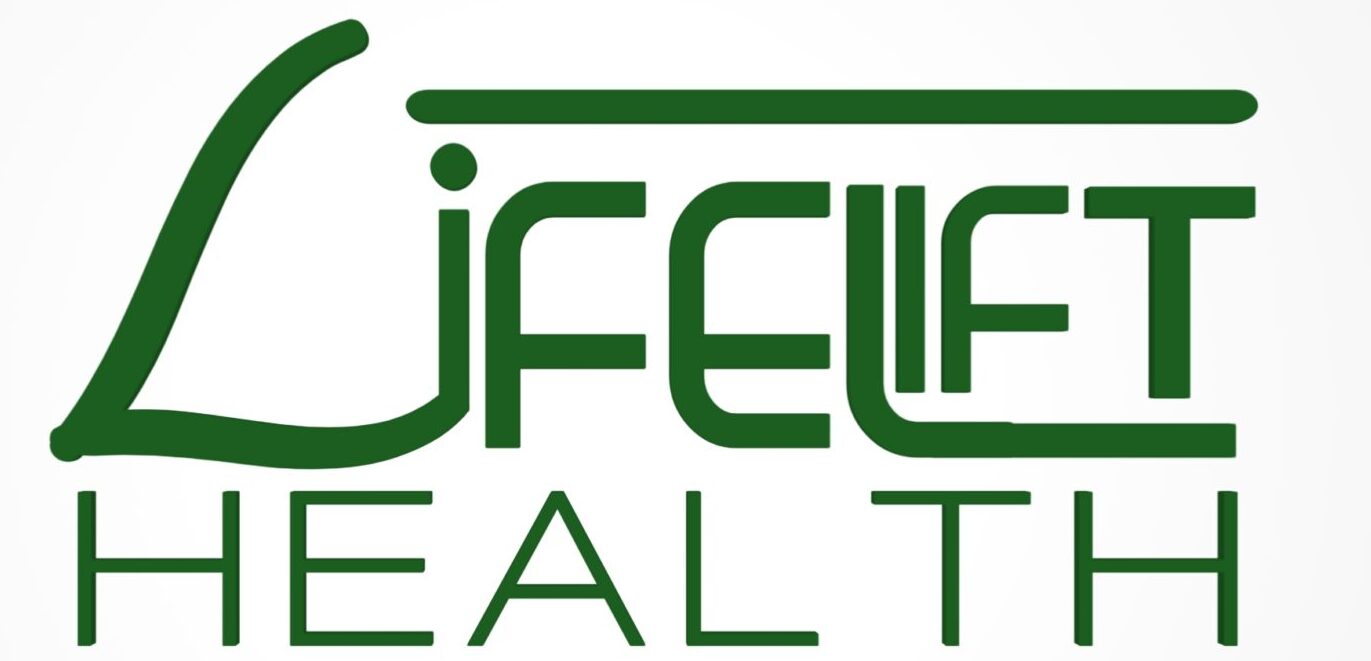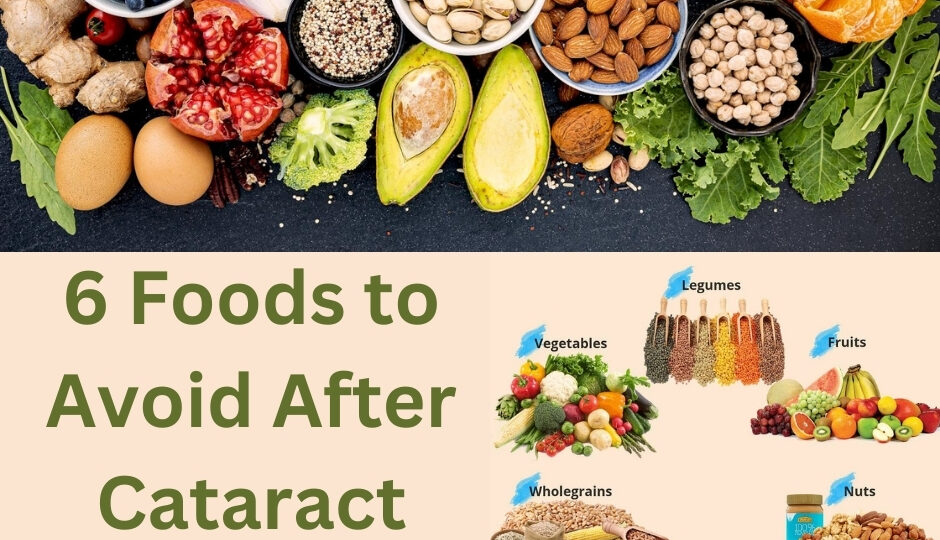Introduction
Cataract surgery is a regular technique expected to restore vision by taking out the cloudy point of convergence from the eye and displacing it with a phony one. While the genuine surgery is typically rapid and safeguarded, the recovery period is critical for ensuring ideal results. Post-surgery care incorporates something past eye drops and follow-up plans; diet expects a gigantic part in the recovering framework. This article will research the foods you should avoid after cataract surgery to propel a quick and feasible recovery.
Types and Categories of Cataract Surgery
Phacoemulsification
Phacoemulsification is the most generally perceived sort of cataract surgery. It incorporates using ultrasonic energy to emulsify the point of convergence preceding disposing of it.
Extracapsular Cataract Extraction (ECCE)
ECCE includes eliminating the blurred focal point in one piece through a bigger cut and is less regularly utilized today.
Intracapsular Cataract Extraction (ICCE)
ICCE is a more uncommon methodology that eliminates the focal point and the encompassing case. It’s to a great extent supplanted by additional cutting edge strategies.
Laser-assisted Cataract Surgery
This best in class strategy utilizes laser innovation to make exact entry points and relax the cataract for evacuation.
Symptoms and Signs After Cataract Surgery
Normal Post-Surgery Symptoms
Patients normally experience gentle inconvenience, tingling, and light awareness. These symptoms ordinarily die down inside a couple of days.
Symptoms Indicating Complications
Cautioning signs incorporate extreme agony, huge vision misfortune, and persevering redness or expanding. Prompt clinical consideration is important if these happen.
Duration of Recovery Period
The recuperation time frame can fluctuate however regularly endures half a month. Complying with post-surgery rules is fundamental for a smooth recuperation.
Causes and Risk Factors
Pre-existing Conditions
Conditions like diabetes and hypertension can muddle cataract surgery recuperation.
Age-related Factors
More seasoned grown-ups may confront a more extended recuperation period because of more slow mending processes.
Lifestyle Influences
Smoking and terrible eating routine can antagonistically influence recuperation.
Diagnosis and Tests for Cataract Surgery Success
Post-surgery Vision Tests
Ordinary vision tests guarantee that the new focal point is working accurately and that the eye is mending true to form.
Eye Pressure Monitoring
Monitoring intraocular pressure distinguishes potential difficulties early.
Follow-up Appointments
Continuous subsequent meet-ups with your ophthalmologist are significant for following recuperation progress.
Treatment Options After Cataract Surgery
Medications and Eye Drops
Endorsed eye drops assist with forestalling contamination and irritation. Adherence to the medicine routine is crucial.
Recommended Lifestyle Adjustments
Avoiding arduous exercises and safeguarding the eyes from splendid light are significant.
Importance of Diet in Recovery
A fair eating routine plentiful in nutrients and minerals upholds the mending system and generally eye wellbeing.
Preventive Measures Post-Surgery
Protective Eyewear
Wearing shades outside can safeguard your eyes from hurtful UV beams.
Avoiding Strenuous Activities
Forgo truly difficult work and energetic activity to forestall stress on the eyes.
Importance of a Healthy Diet
Supplement rich foods can upgrade recuperation and generally speaking eye wellbeing.
Foods to Avoid After Cataract Surgery
Sugary Foods
Sugar can increment irritation and weaken mending. Choose leafy foods regular sugars.
Spicy Foods
Hot foods might cause bothering and distress. Gentle foods are a superior decision during recuperation.
Processed Foods
Handled foods come up short on supplements and can impede recuperation. New, entire foods are ideal.
Alcoholic Beverages
Liquor can impede prescription and defer mending. Stick to non-cocktails during recuperation.
Caffeinated Drinks
Caffeine can increase intraocular pressure. Pick decaffeinated choices to avoid complexities.
High-Sodium Foods
High sodium levels can raise circulatory strain and influence recuperation. Low-sodium options are suggested.
Personal Stories or Case Studies
Patient Experiences with Dietary Changes Post-Surgery
Genuine stories feature the positive effect of dietary changes on recuperation.
Success Stories Highlighting the Role of Diet
Patients who observed dietary rules frequently experience quicker and more successful recuperations.
Expert Insights
Quotes from Ophthalmologists
“Diet assumes a urgent part in recuperation. Avoiding specific foods can essentially improve mending,” says Dr. Smith, a main ophthalmologist.
Nutritional Advice from Dietitians
“Center around a reasonable eating routine plentiful in nutrients A, C, and E to help eye wellbeing,” prompts nutritionist Jane Doe.
Conclusion
In synopsis, post-surgery care, including dietary changes, is fundamental for an expedient and fruitful recuperation after cataract surgery. Avoiding sweet, hot, handled, and high-sodium foods, too as liquor and caffeine, can have a massive effect. By adhering to these rules and talking with your medical care supplier, you can guarantee ideal mending and appreciate further developed vision.

